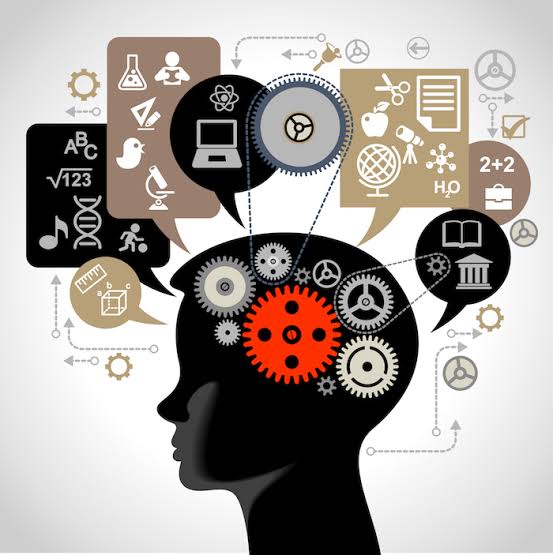
In the 21st century, technology has dramatically changed every sphere of human life. The pace at which we communicate, work, learn, and even entertain ourselves has changed drastically due to technological advancements, thus changing the face of society. Some people consider this as a step toward progress, whereas others are worried about all the negative changes that may come with it. Therefore, this essay aims at discussing both the positive and negative impacts of technology on human society.
One of the most significant benefits of technology is its ability to enhance communication. In the past, staying in touch with people across the globe was time-consuming and expensive. Today, with smartphones, video conferencing, and social media platforms, we can connect with anyone, anywhere, in real-time, at little to no cost. This increased connectivity has fostered global collaboration, making it easier for individuals to work together, share ideas, and solve complex problems.
Technology has also transformed education. Online learning platforms, digital resources, and e-books have increased access to education. Students from rural areas or developing countries can now access high-quality educational content and interact with instructors and peers globally. Moreover, virtual classrooms and interactive learning tools are engaging students in ways that traditional methods could not, fostering creativity and critical thinking. AI in the educational field has made further personalization of learning outcomes possible, where students would learn at their own comfort.
Automation and AI are reshaping industries and creating new jobs in the workforce. Machines now perform tasks that had previously been labor-intensive or boring, freeing human workers for more strategic and creative jobs. Technology has enabled advanced diagnostic and treatment tools in fields like healthcare, raising the quality of care and life expectancy.
However, these developments have a number of challenges too. Among the most serious concerns of all is that this is going to lead to job displacements. While automation ensures efficiency, it raises some fears that many low-skilled jobs will be in danger of becoming obsolete. Workers in manufacturing or retail may find it difficult to adapt to this technological shift. This will require governments and organizations to invest in reskilling programs so that workers can move into new roles.
Another issue is the rise of privacy concerns. In our increasing dependence on digital devices and platforms, massive amounts of personal data are being collected often without our full awareness or consent. This information is of great value to corporations for the targeting of consumers with tailored advertisements, or worse, to sell to third parties. The increasing frequency of data breaches and cyber-attacks highlights the vulnerabilities in our digital infrastructure, which can have far-reaching consequences for individuals and society.
Last but not least, too much dependence on technology can result in social isolation. While the use of social media brings people virtually closer, it cuts down face-to-face contact. Hence, individuals develop a sense of loneliness or alienation from their respective communities. Excessive screen time, especially among young people, has been linked to mental health issues such as anxiety and depression.

The impact of technology on society is undeniable; besides the positive effects, it also has negative impacts. While it can enhance communication, education, and health, it also presents challenges of job displacement, privacy, and social isolation. Fully reaping the benefits of technology will call for society to navigate these challenges thoughtfully, ensuring that technology enhances our lives while mitigating its risks.




